Food service and retail top the list of occupations for invited P.E.I. immigrants
Immigration not the answer to all labour problems, says economist

The Prince Edward Islandgovernment needs to do a much better job of targeting immigration to fill critical worker shortages, the province's two opposition parties say.
Information provided to CBC News by the province shows that among those invited by P.E.I. to immigrate to Canada, through the Atlantic immigration program and the provincial nominee program in 2023, about one in four peoplelisted occupations in food service and accommodations. A further 10 per cent were in retail.
About nine per cent were in health care, but more than 90 per cent of those were in lower skilled areas, categorized as assisting occupations in support of health services, which includes resident care workers and pharmacy assistants. Only 1.5 per cent were in construction.
"It's kind of staggering when you think about it," said interim Liberal leader Hal Perry.
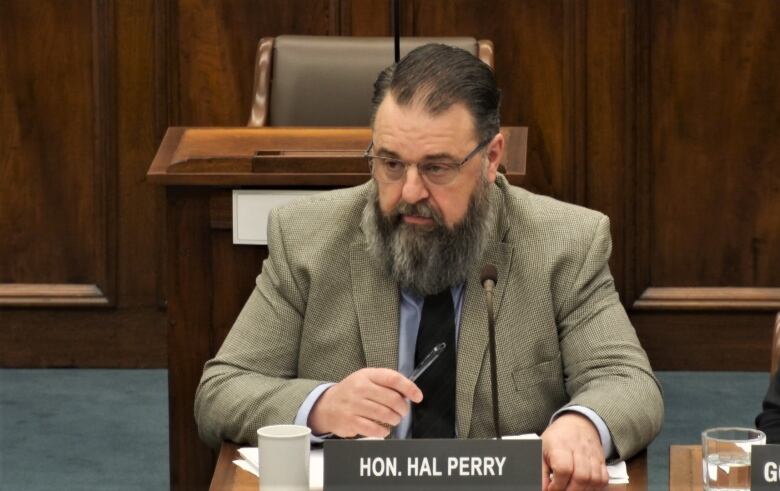
"Their failure to effectively target immigration to address the critical needs on Prince Edward Island for example in the construction industry because of the housing crisis, and also in health care to me it's not just disappointing. It's basically a neglect of responsibility."
Immigration has been running at high levels for more than a decade. The government has had plenty of time to get it right, said Perry.
Things 'demonstratively worse here'
Green MLA Peter Bevan-Baker said he understands recruiting for the most in-demand occupations is difficult, but that does not excuse the government's record.
"I'm sort of fed up, and I think Islanders are fed up too, hearing from government, 'You know, things are bad everywhere,'" said Bevan-Baker.
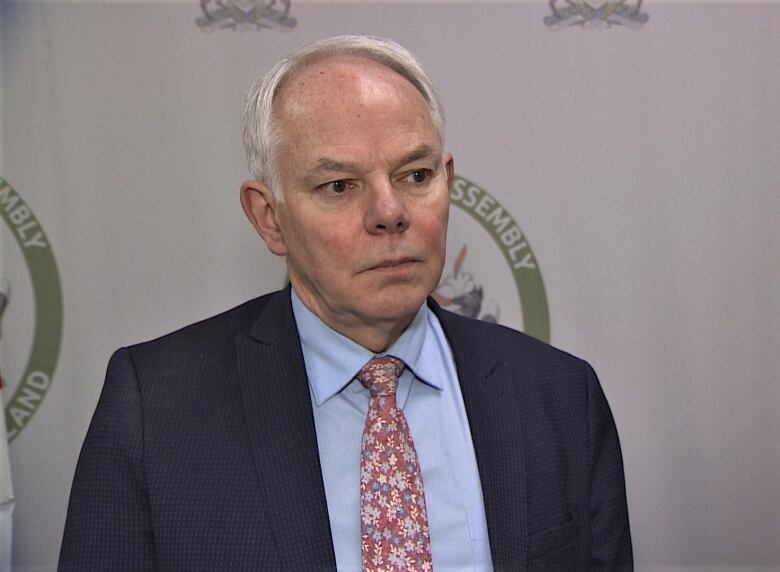
"That's true, but they are worse here. They are demonstratively worse here."
Immigration is driving high population growth on the Island, and Bevan-Baker said it was entirely predictable that with all those extra people, more services would be required.
"Very often the people who suffer most from the lack of services are these new Islanders," he said."They are the ones that are having to live three in a bedroom, they are the ones who do not have access to health care."
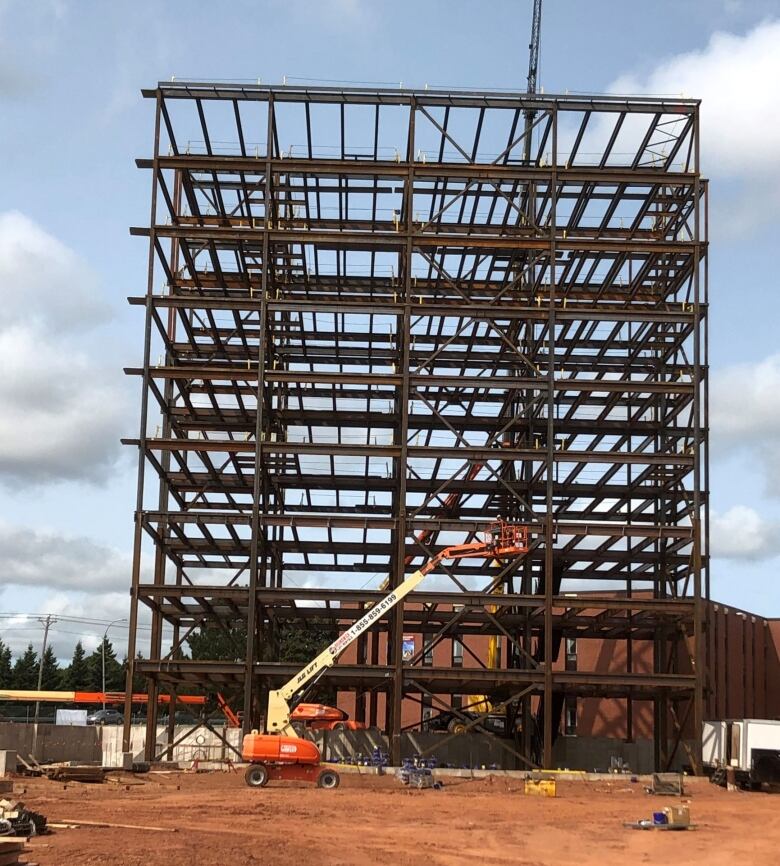
The provincial government did not respond to a request for an interview on this subject.
In an email last month, the province said its top sectors for recruitment are health care, manufacturing, transportation, and the trades, including construction.
Demand is in food service and retail
Fred Bergman, a policy analyst with the Atlantic Economic Council, said the list of immigrant occupations is not as far off the mark from the province's needs as it may appear.
In many ways, hesaid, the invitees match up well with Service Canada projections of job openings on the Island over the next three years.
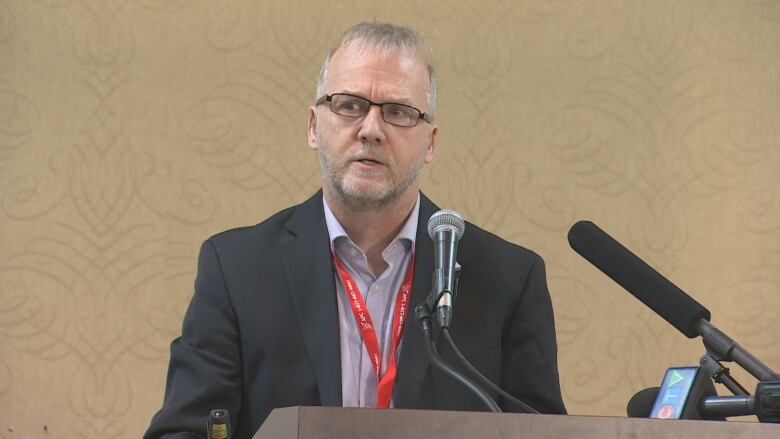
"Some of those occupations that are in high demand are clearly in those industries that the provincial government is targeting," said Bergman.
In particular, the Service Canada projections predict a growing need for truck drivers, retail sales clerks and managers, and cooks.
But Bergman agrees construction is a gap that needs to be filled.
"It's a no-brainer that there should be more people attracted to the Island to fill construction positions," he said.
P.E.I. not retaining all its immigrants
Filling labour market gaps is not the only goal of immigration, of course.
Without new people coming to the Island in record numbers, the province would be facing a different kind of population crunch: a decline. In five of the last six years, more people have died on P.E.I. than were born in the province.
Turning that around can be difficult, said UPEI economics professor Jim Sentance. Prince Edward Islandis small, and that intrinsically makes it less likely that people will stay.
"The P.E.I. economy, the P.E.I. labour market, the P.E.I. business situation, P.E.I.'s culture and peoplethere's not something there for everybody," said Sentance.
"I don't think you can really predict or guess in advance who's going to stick and who isn't. P.E.I. is just kind of idiosyncratic that way."
There is support for that theory. At the same time that P.E.I. is experiencing record growth, record numbers of people are leaving too. The province's immigrant retention rate is by far the worst in the country.
Licensing barriers
Sentence agrees with the opposition MLAs that the numberof people with critically needed skillsbeing invited to immigrate to P.E.I. is disappointing. At the same time, he said it may not be realistic to expect to fill those gaps through immigration.
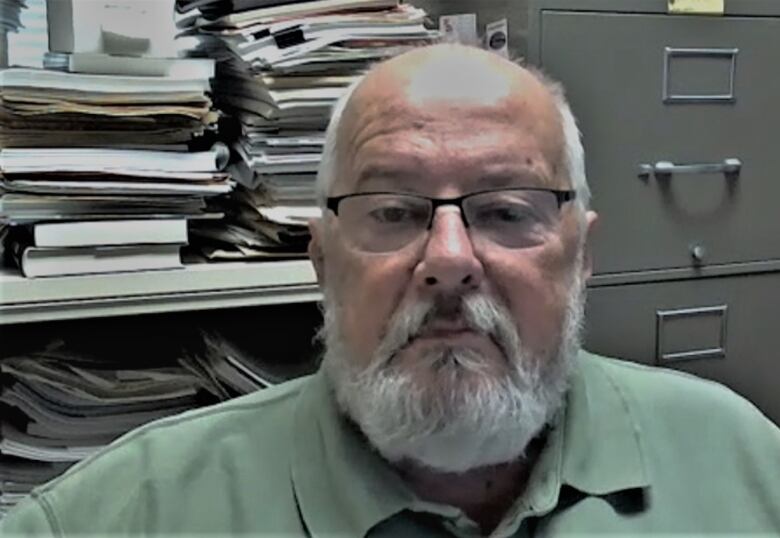
In any area requiring a high level of education, said Sentance, Canada's rules for licensing professionals are a significant barrier.
"The process of qualifying people that are immigrating with doctor credentials is so ridiculous. Is there any point to it?" he said."You might do a little bit better with nurses, but again there are licensing things. And with the trades as well."
He noted that there are some areas where it does makesense to bring people in to work.
Islanders appear to be losing interest in many of the province's traditional jobs: agriculture, food processing, and to some extent tourism. Attracting people for those industries through immigration is certainly preferable to using the temporary foreign worker program, he said.
Sentance is quick to point out that it is not that Islanders do not want to work; the province's workforce participation rate is consistently among the top three in the country. But the type of work Islanders want to do is changing. Using immigration to fill in the gaps left behind makes sense, he said.
A simple plan: pay more
The province could alsodo a better job of using and retaining the workforce that is here, said Sentance.
He suggests a simple strategy, one that could also help with international recruitment.
"Maybe if you paid them more, we wouldn't have the shortages," he said."We would probably have much less of a shortage if pay for the trades was competitive on P.E.I. compared to the rest of the country."
The same goes for retail, food service and accommodation, he said.P.E.I. offers some of the lowest wages in the country, and that has been the situation for many years.
While the provincial government is inviting immigrants to come to the province to perform low-wage jobs, Sentance points out that the youth unemployment rate on P.E.I. is above 10 per cent.
"Waiters, waitresses, people doing retailwe've got lots of university students and college students around to do that," he said."I don't see where we need to bring people in for that kind of thing.
"Again, if you're having trouble hiring people in those kinds of areas, maybe pay them a little bit more. It's not as though we really pay them a whole lot."













_(720p).jpg)


 OFFICIAL HD MUSIC VIDEO.jpg)
.jpg)



























































































